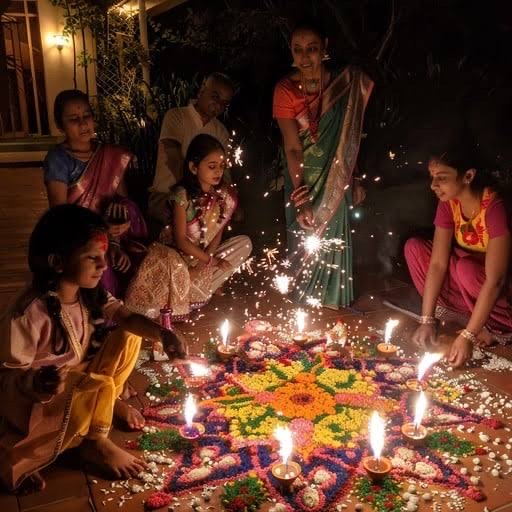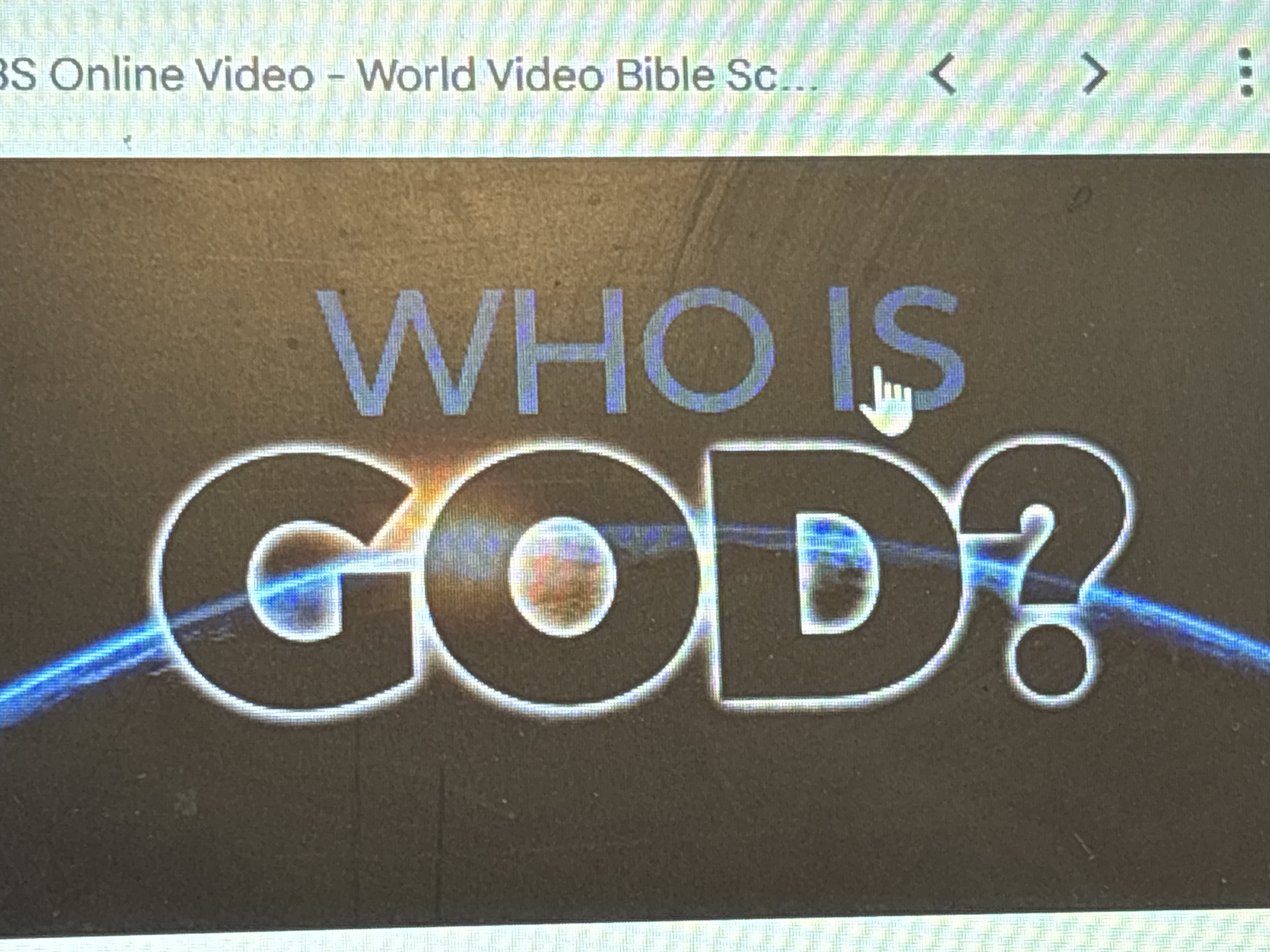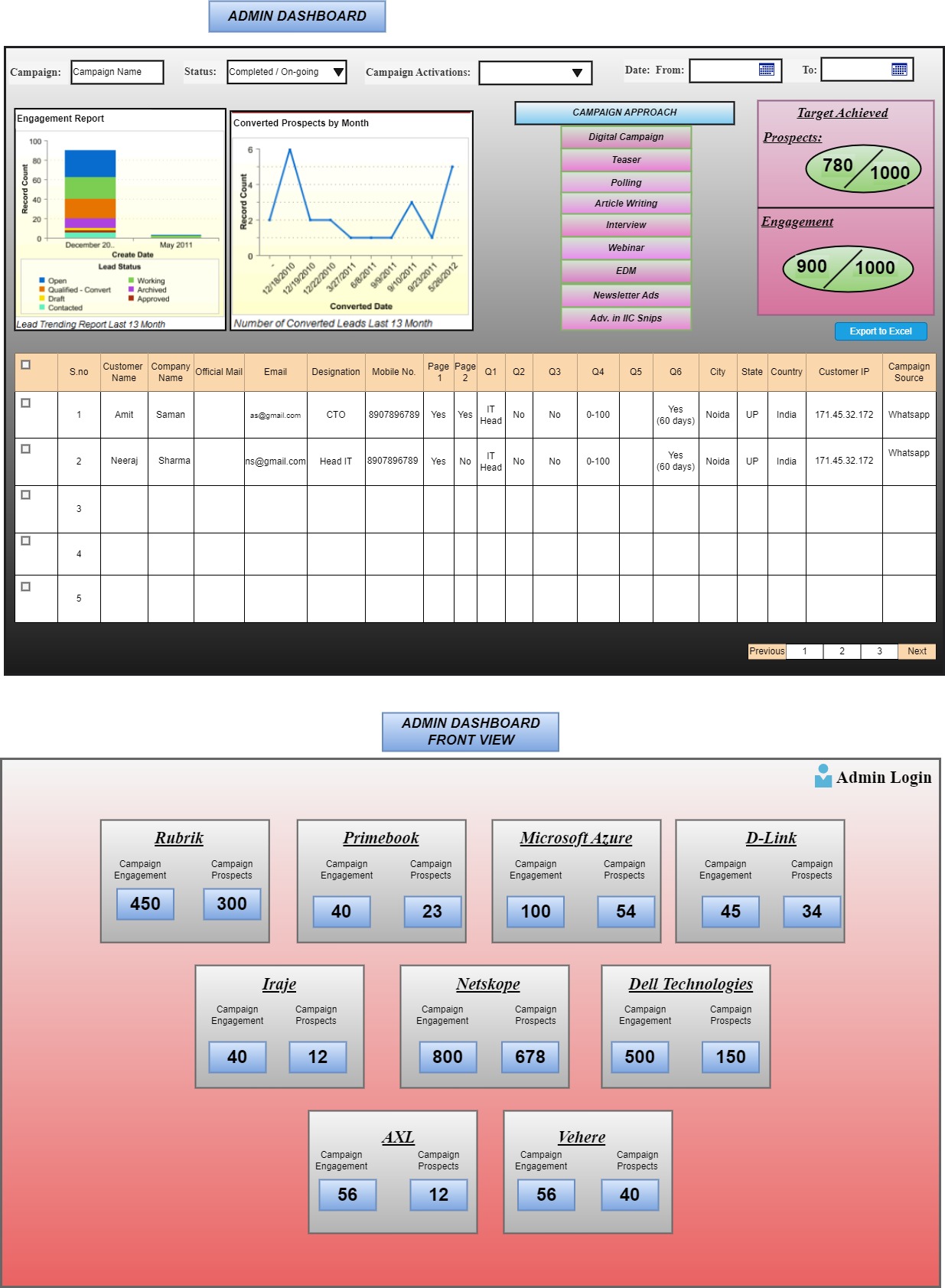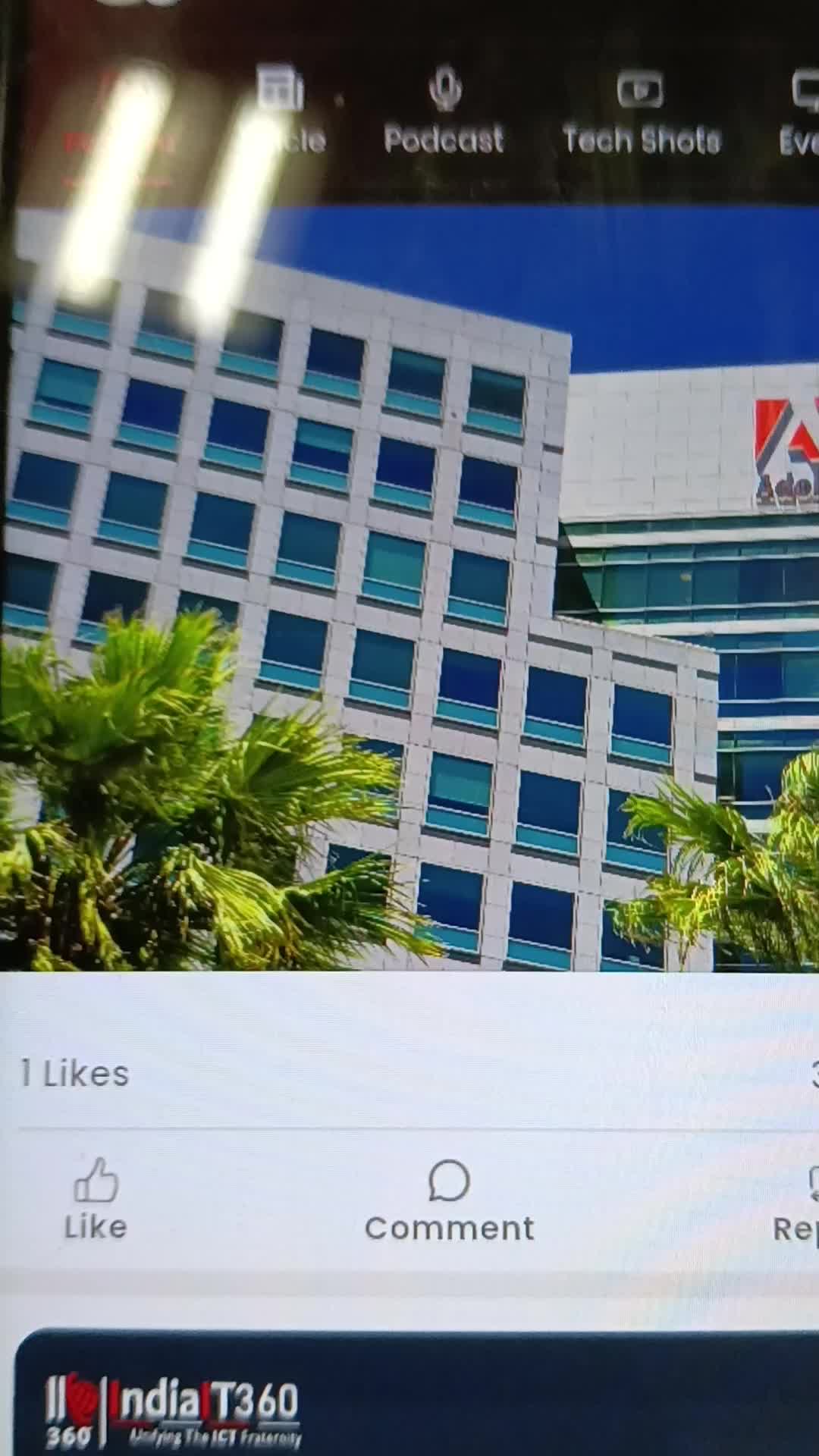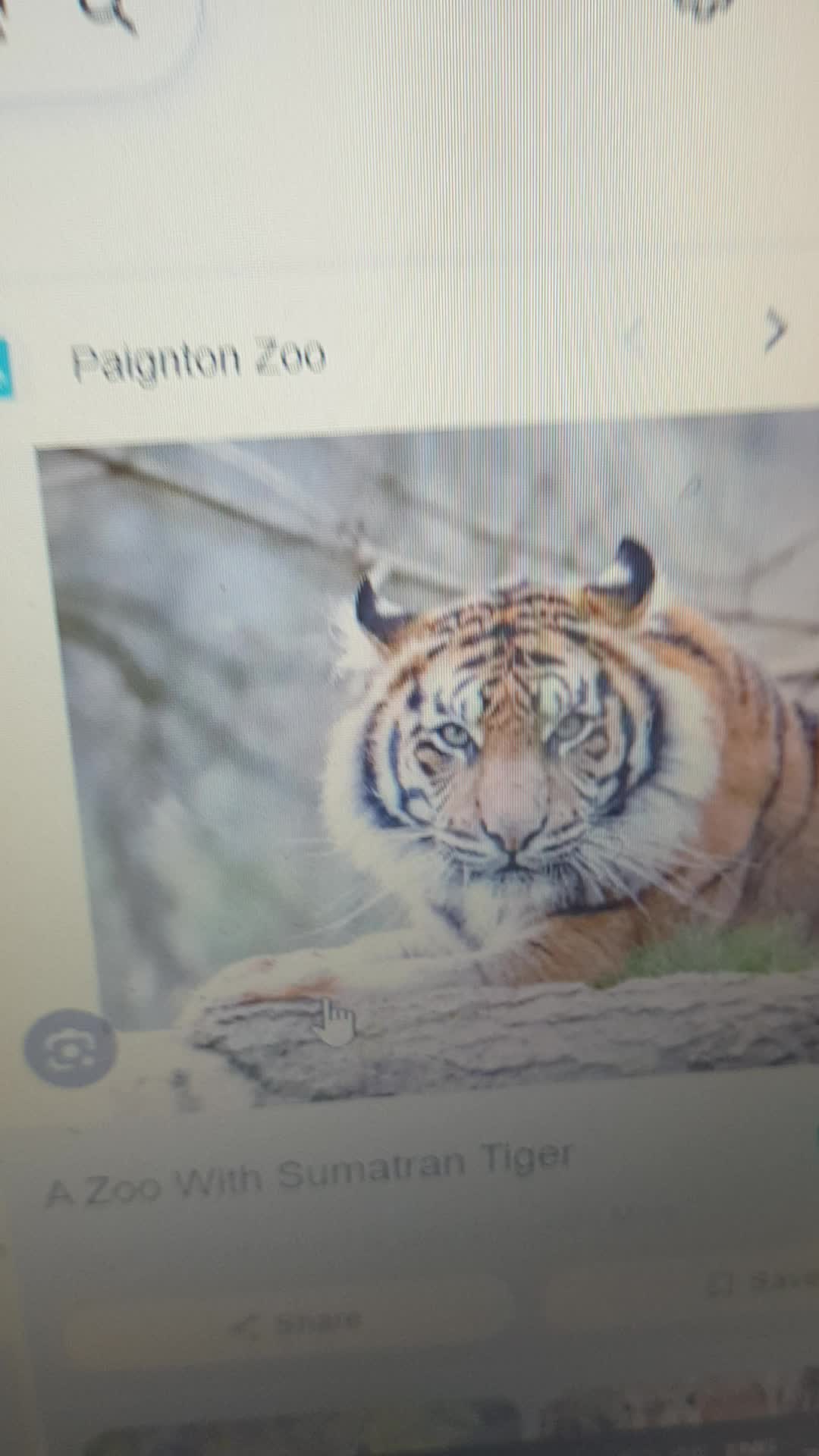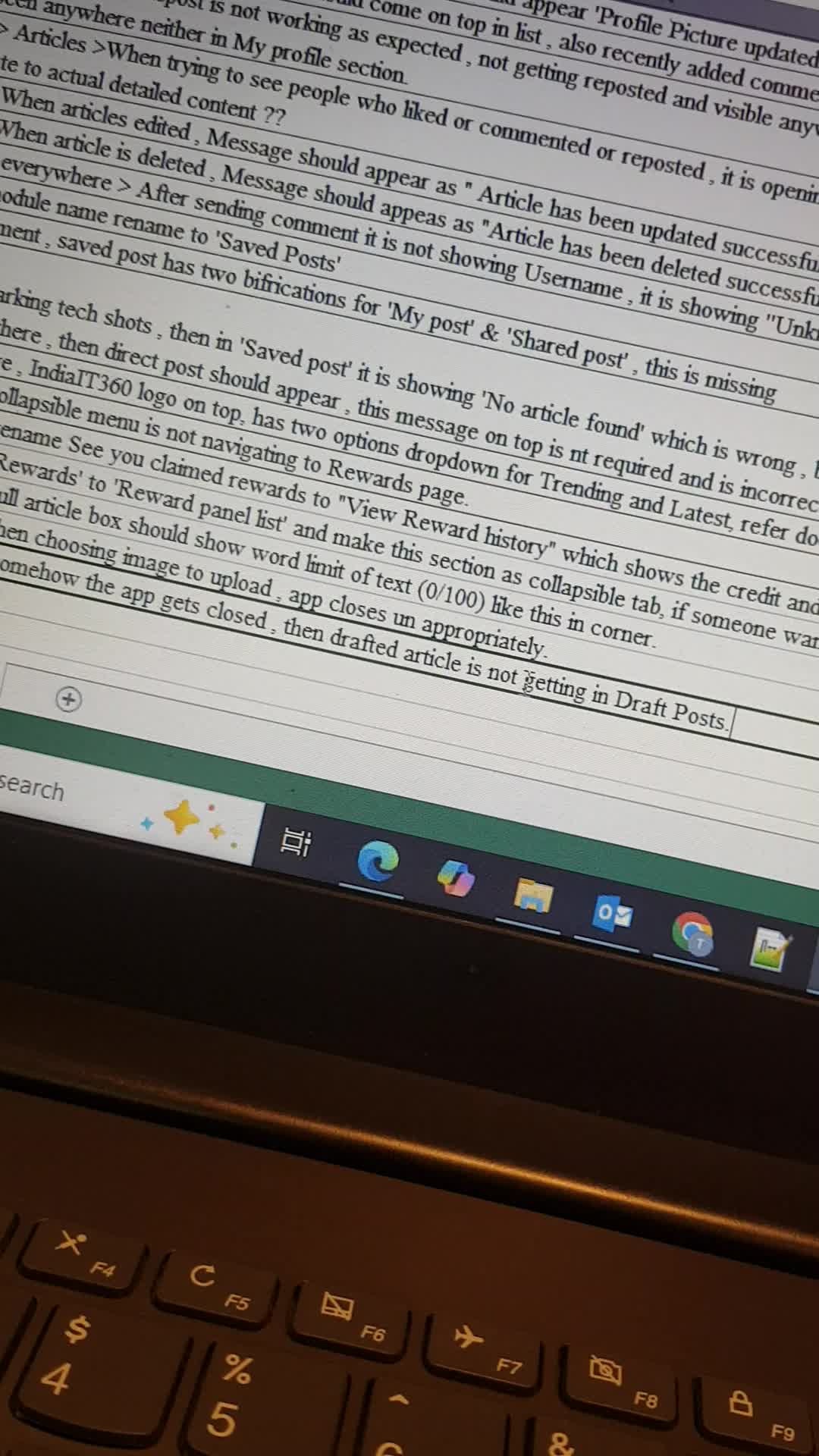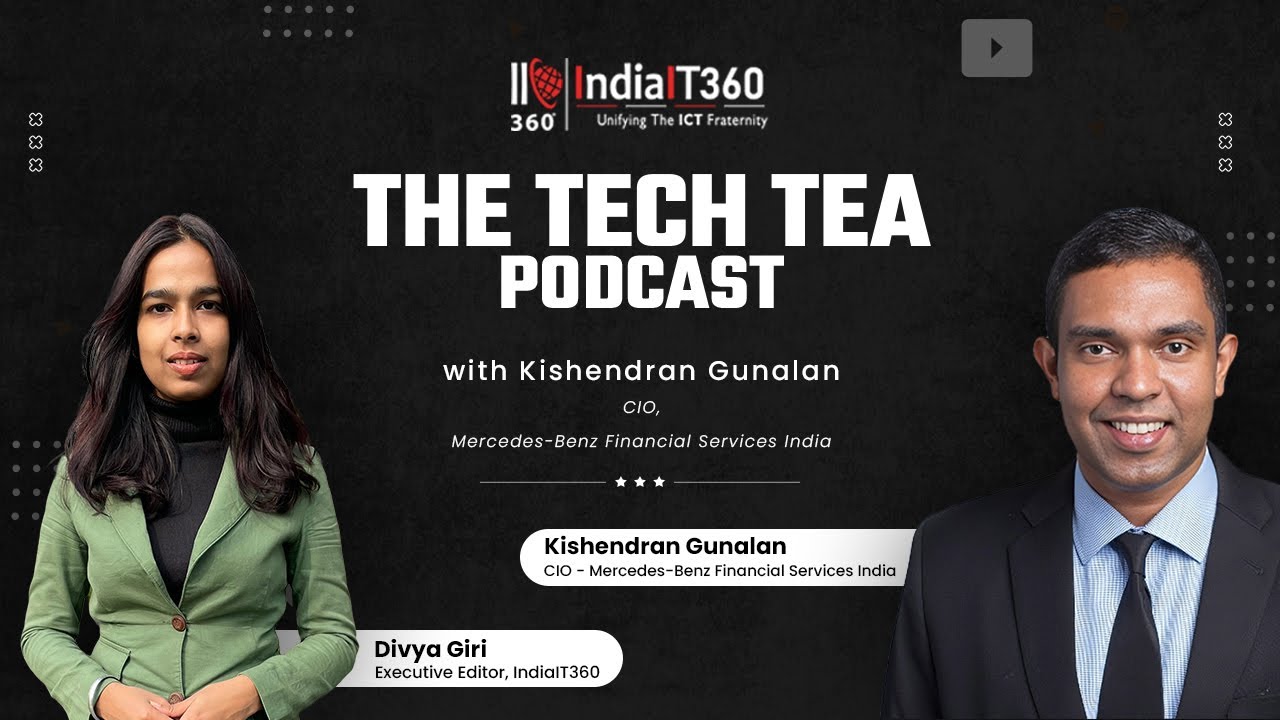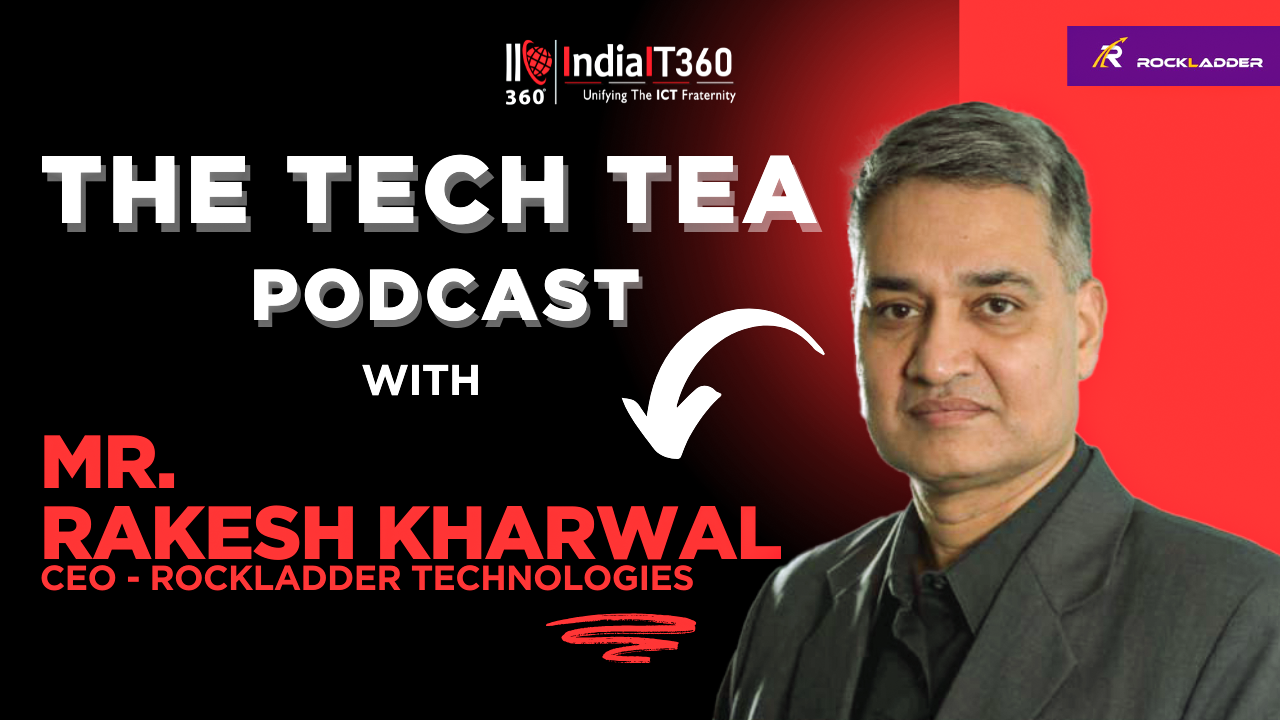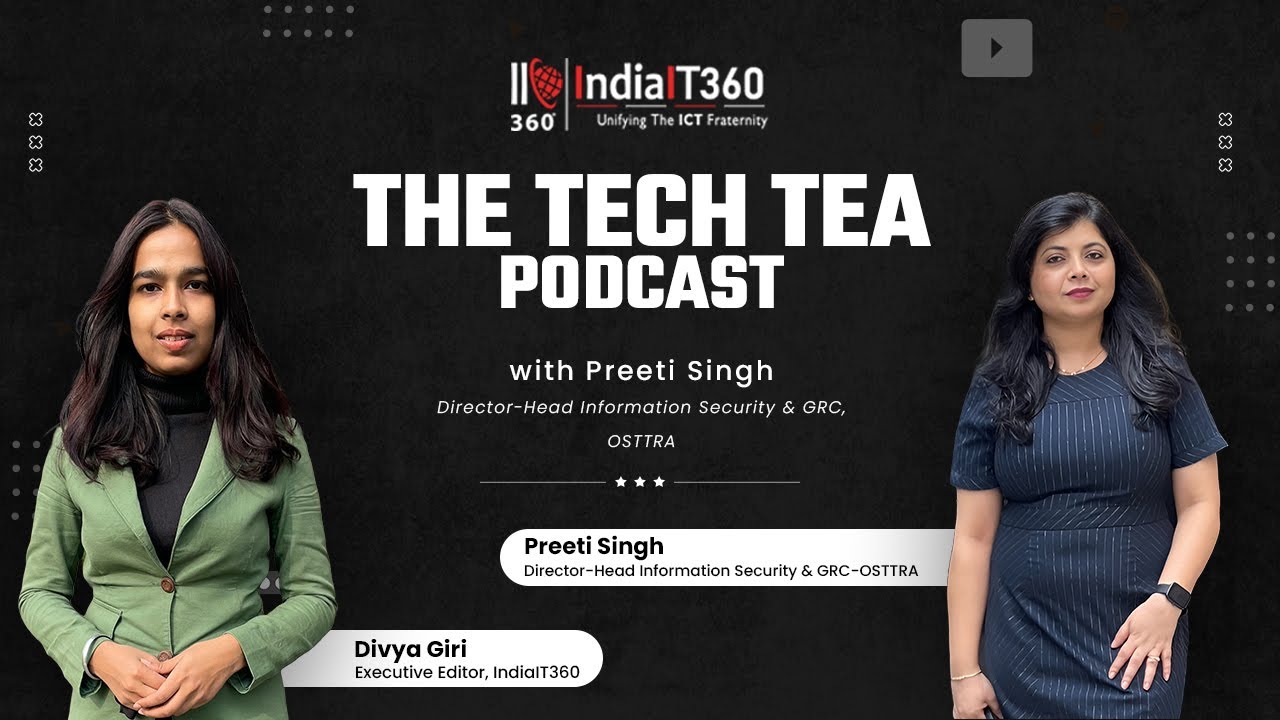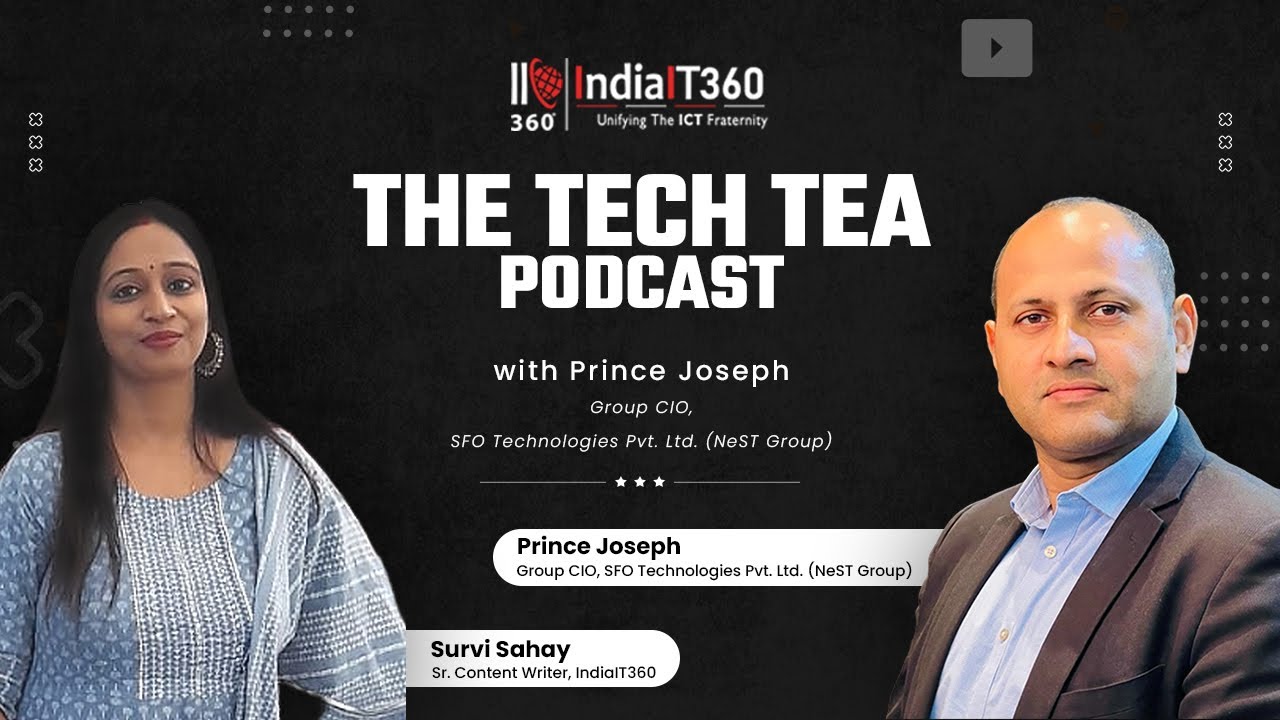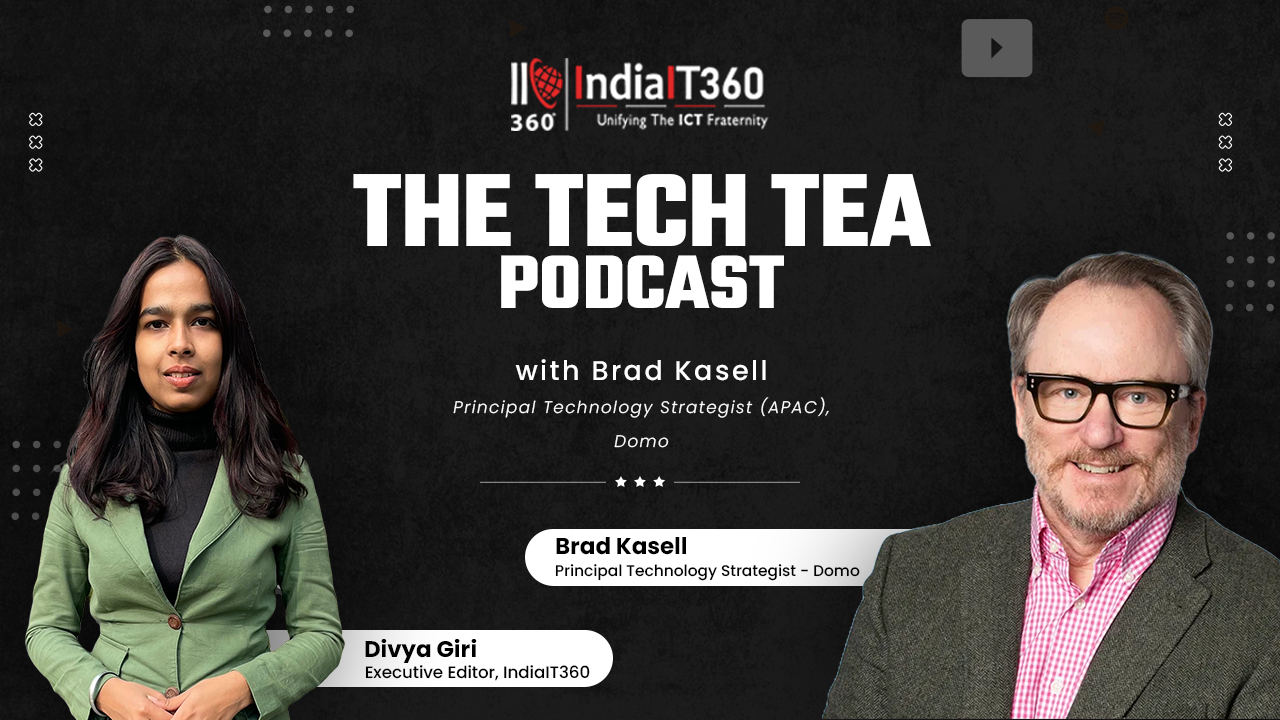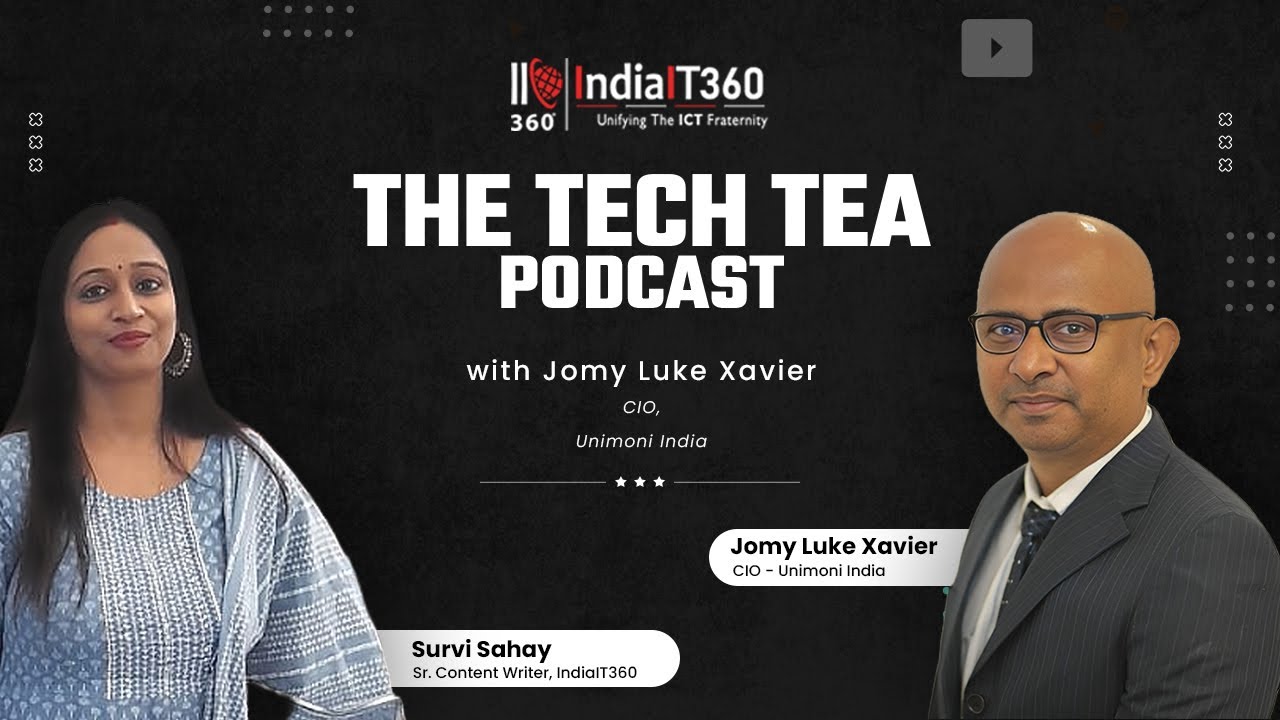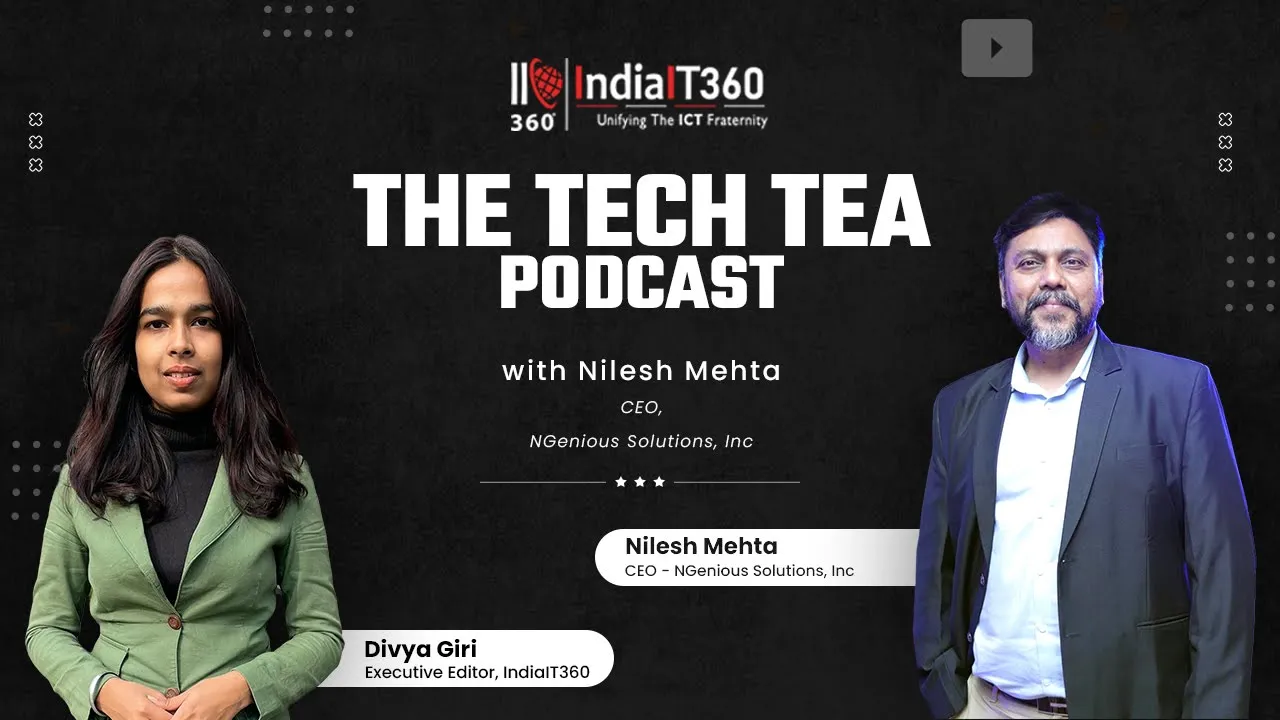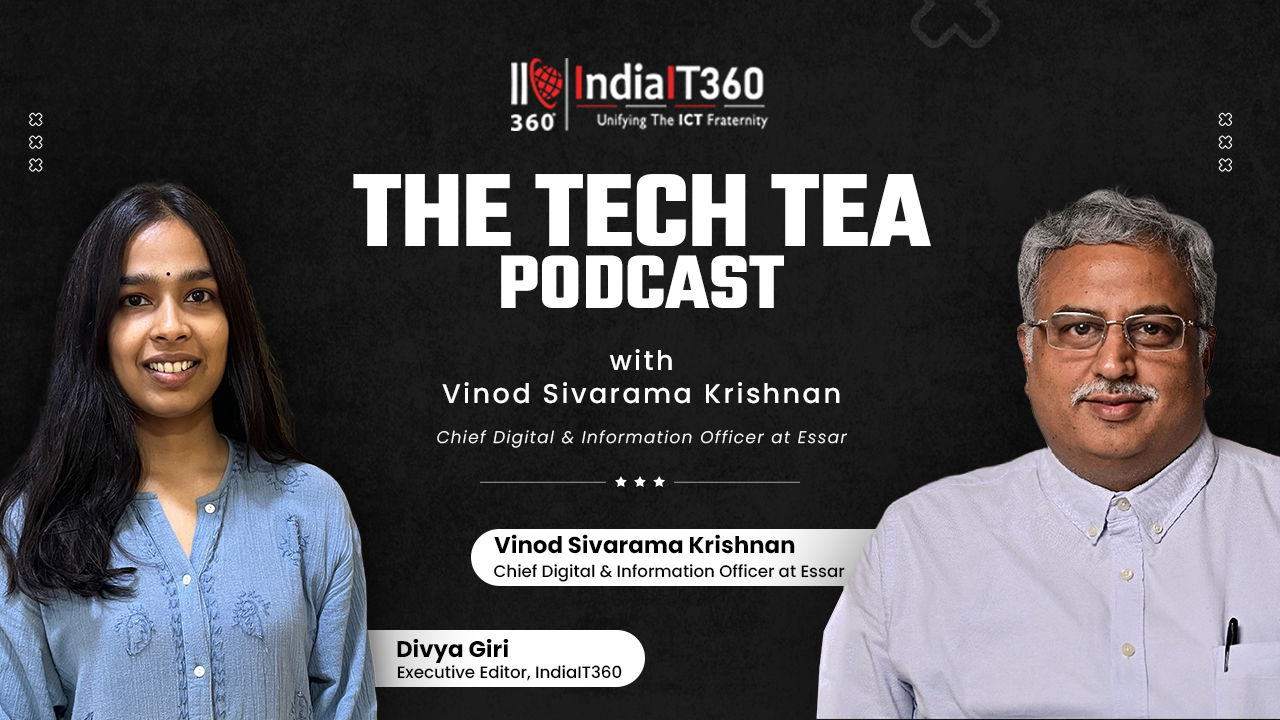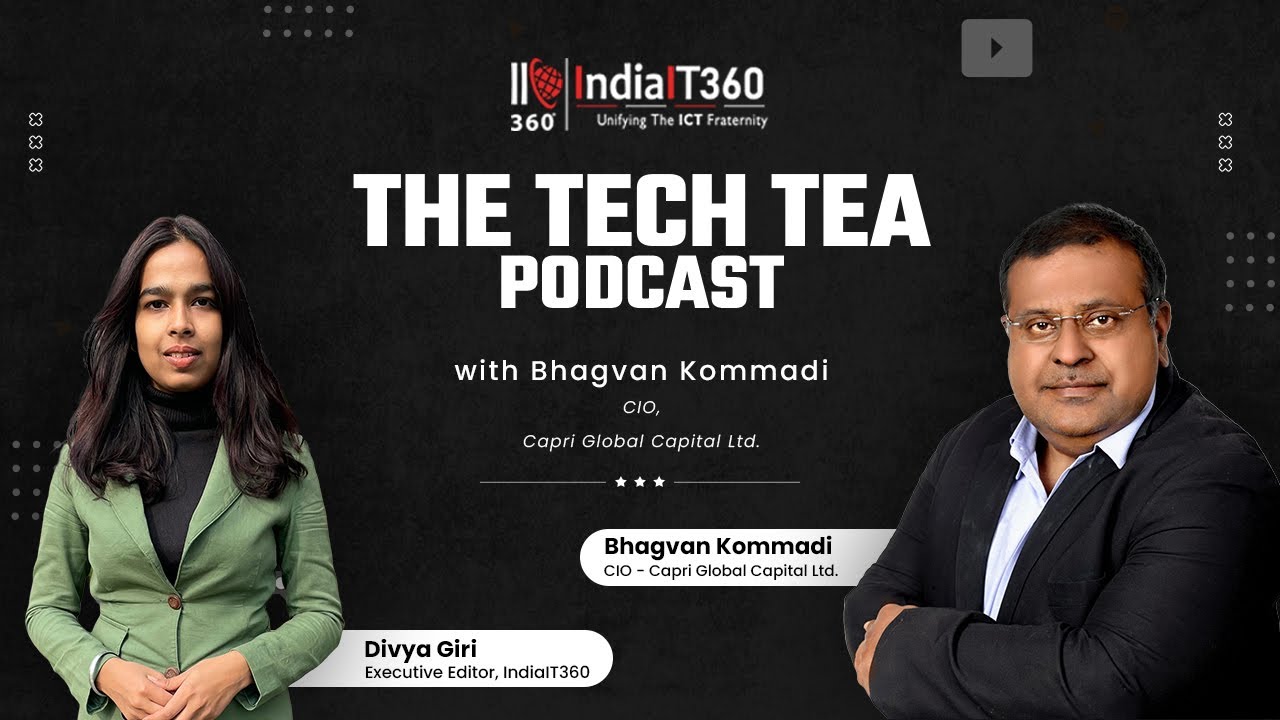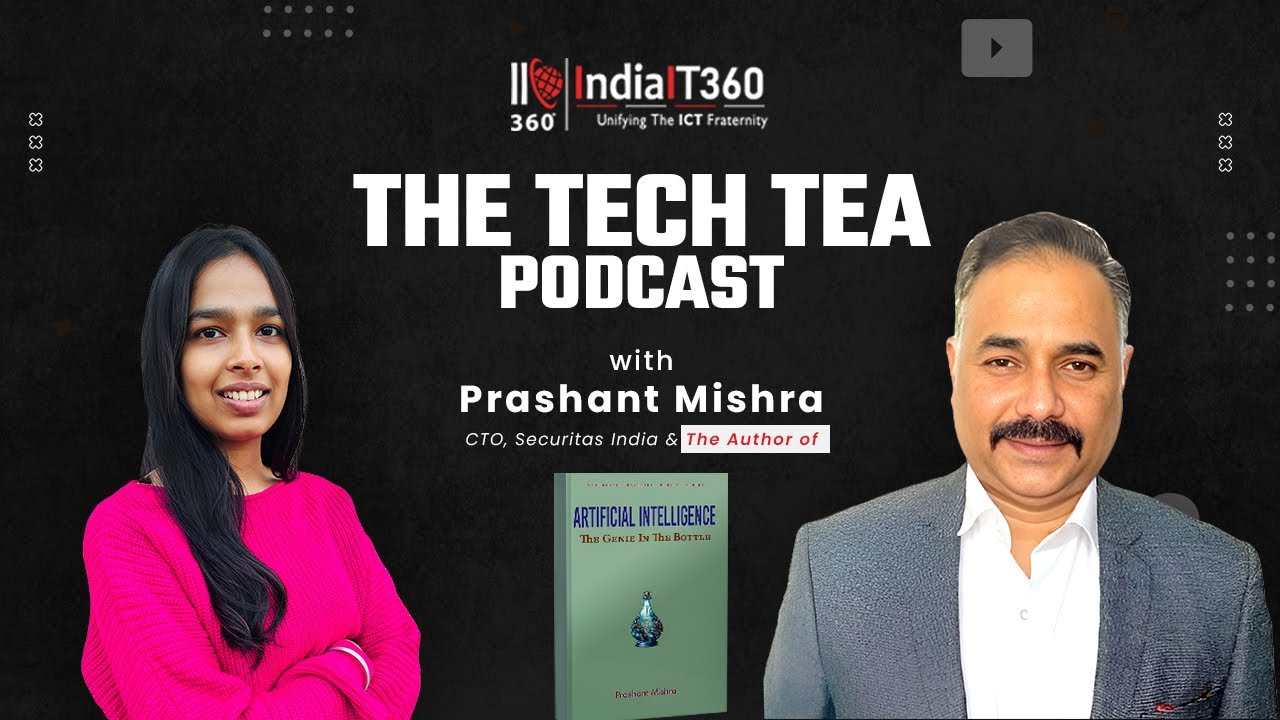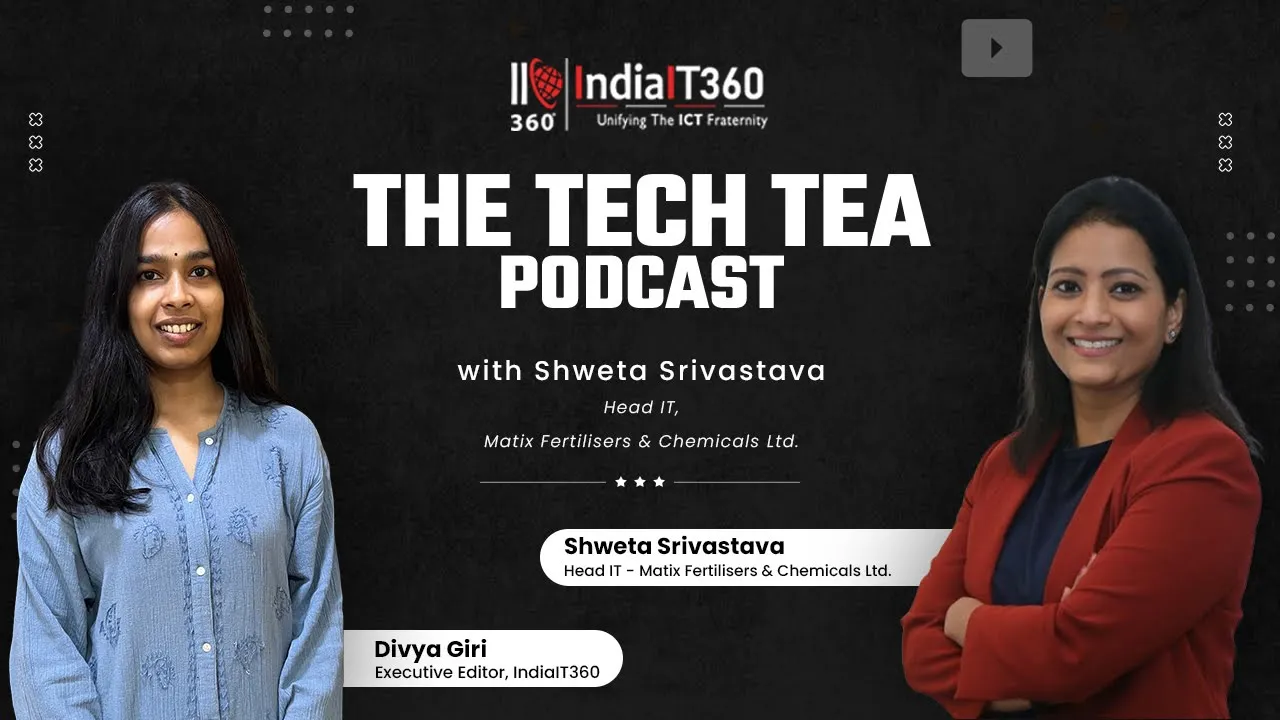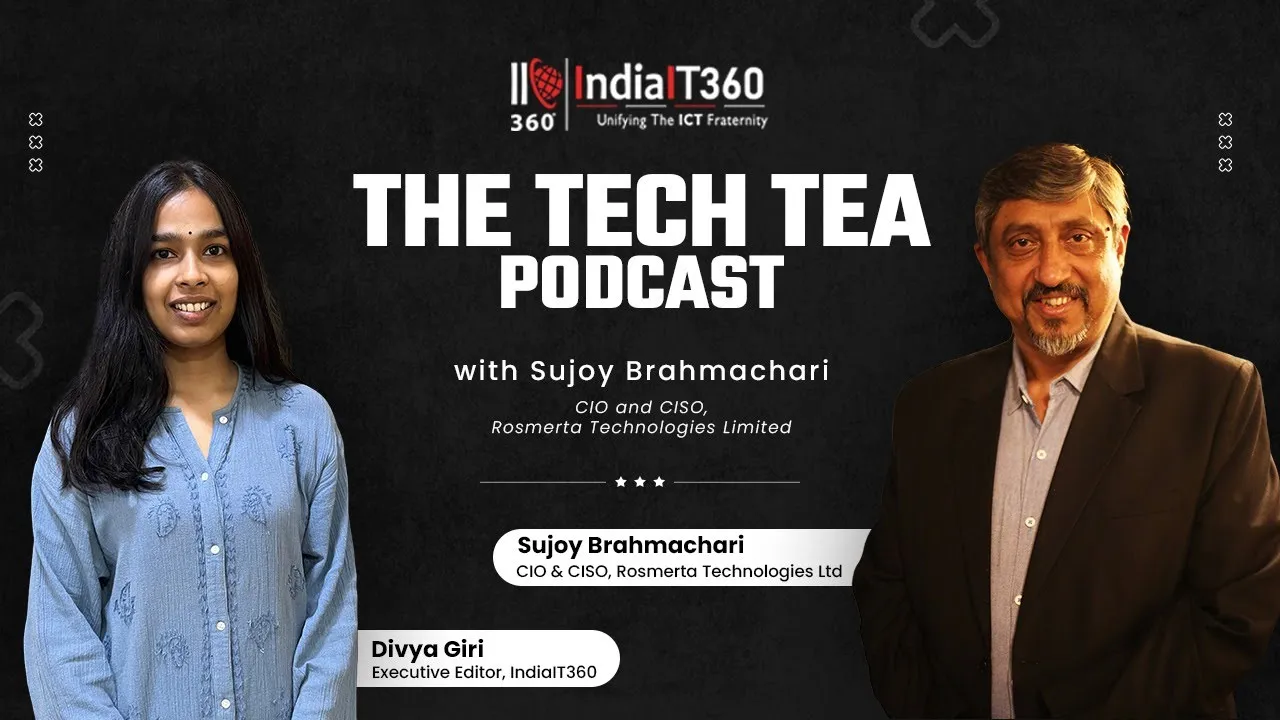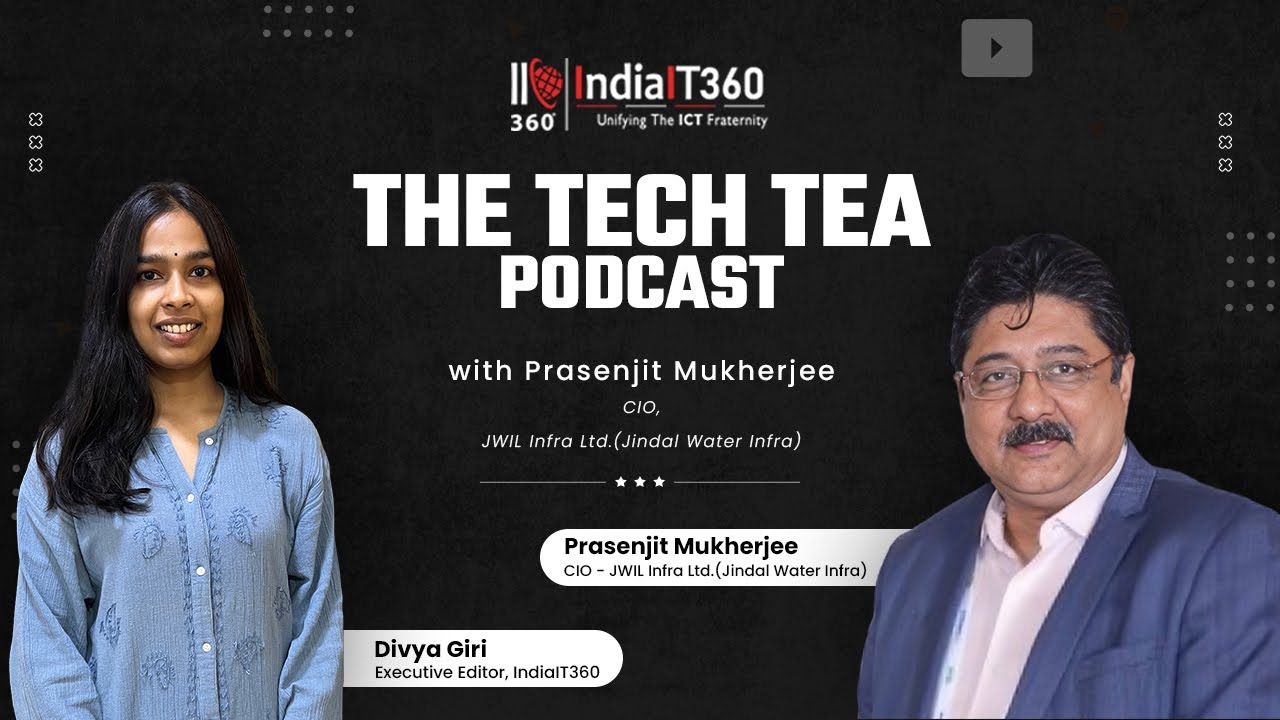Wed, Nov 05th 2025
Leaders Tech Talk: God blesses
Diwali – The Festival of Light
Diwali, also known as Deepavali, is one of the most popular and widely celebrated festivals in India. It symbolizes the victory of light over darkness, good over evil, and knowledge over ignorance. The word Deepavali comes from Sanskrit, meaning “a row of lights.” It is celebrated with great enthusiasm and devotion by millions of people, not only in India but also across the world.
The celebration of Diwali has various legends associated with it. In northern India, it marks the return of Lord Rama to Ayodhya after 14 years of exile and his victory over the demon king Ravana. In western India, it is associated with the worship of Goddess Lakshmi, the goddess of wealth and prosperity. In southern India, it commemorates Lord Krishna’s triumph over the demon Narakasura. Despite regional differences, the central message of Diwali remains the same — the triumph of righteousness and the renewal of life.
Preparations for Diwali begin weeks in advance. Homes are cleaned, renovated, and beautifully decorated with colorful rangolis, flowers, and strings of lights. People buy new clothes, gifts, and sweets to share with family and friends. Markets and streets glow with decorative lamps, diyas, and festive energy. On the day of Diwali, families perform the Lakshmi Puja to seek blessings for wealth, happiness, and peace. Diyas (oil lamps) are lit in every corner of the home to invite positive energy and drive away darkness.
One of the most exciting parts of Diwali is the exchange of sweets and gifts. Delicious treats like laddoos, barfis, and gujiyas are prepared and shared with neighbors and relatives, spreading love and joy. Children and adults alike enjoy bursting firecrackers and watching the sky light up with dazzling fireworks. However, in recent years, there has been a growing awareness about celebrating an eco-friendly Diwali by reducing noise and air pollution, using fewer firecrackers, and focusing on the festival’s deeper meaning.
Beyond the celebrations, Diwali also holds a spiritual significance. It is a time for self-reflection and renewal. Lighting a diya is symbolic of dispelling the inner darkness — ignorance, anger, and negativity — and embracing positivity, wisdom, and compassion. Many people also take this opportunity to help those in need by donating clothes, food, and money, ensuring that the light of Diwali reaches every home.
In modern times, Diwali has become a global festival, celebrated by people of different cultures and religions. It promotes unity, togetherness, and the spirit of sharing happiness. Whether through traditional rituals, modern lights, or virtual greetings, Diwali continues to remind us that light always conquers darkness and hope always prevails.
In essence, Diwali is not just a festival; it is a feeling — a time to rejoice, reconnect, and renew. It brings families together, fills homes with laughter, and hearts with gratitude. As diyas glow and fireworks light up the night sky, Diwali reminds us to keep the light of goodness shining within us always.
Team IndiaIT360
Write With Us
IndiaIT360 is passionate about fostering community within the tech industry. IndiaIT360's commitment to staying abreast of the latest trends and advancements in the IT industry ensures that their content is not only informative but also insightful and forward-thinking. Through their writing, they aim to demystify complex technological concepts, making them accessible to a broad audience.




